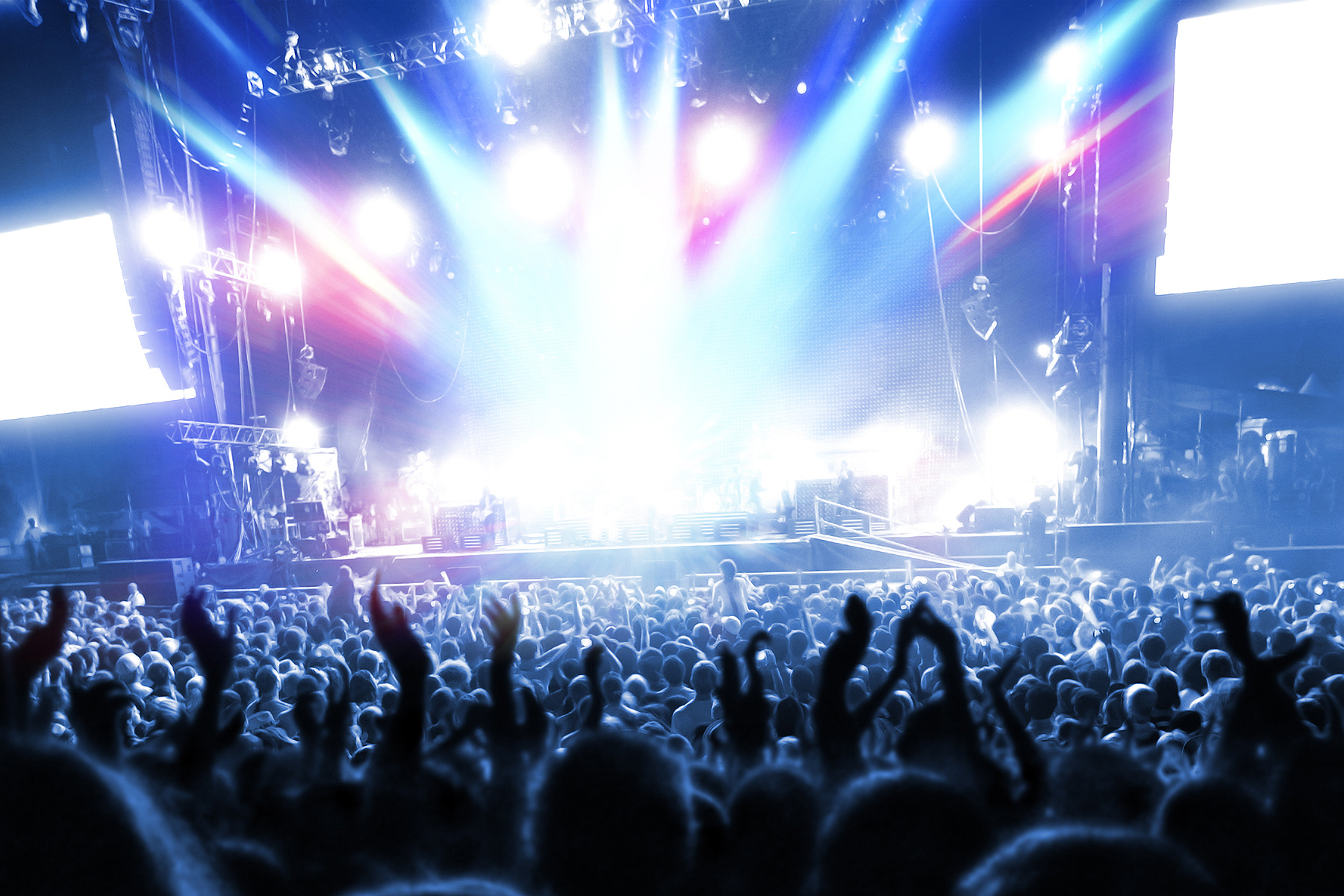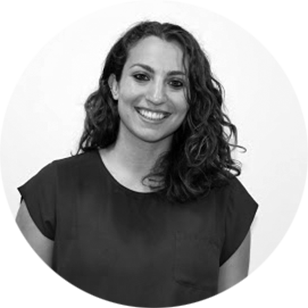Why scientists are infiltrating music festivals
Researchers are busting out of basement labs and stuffy hotel ballrooms and infiltrating the playgrounds where today's creative minds gather


A free daily email with the biggest news stories of the day – and the best features from TheWeek.com
You are now subscribed
Your newsletter sign-up was successful
Sheena Cruickshank stood in front of a crowd of millennials in flower crowns and harem pants. As she paced the stage, trying to explain the intricacies of the microbiome to the audience, guitars and drum kits warmed up behind her, forcing her to raise her voice to be heard. The immunology professor wasn't speaking in her usual venue at the University of Manchester, after all. She was at a music festival, and later that day, The Flaming Lips were taking the stage.
As researchers seek new audiences for their findings, they're busting out of basement laboratories and stuffy hotel ballrooms and infiltrating the playgrounds where today's curious, creative minds gather: music festivals.
Cruickshank was just one of dozens of scientists who presented in July at Bluedot, a festival in the U.K. A few months earlier, the Lightning in a Bottle festival in California had more than 30 presenters speak on science-related topics over the four-day event. In May, the FORM festival in Arizona hosted panels on technology alongside musical performances by Skrillex and Fleet Foxes.
The Week
Escape your echo chamber. Get the facts behind the news, plus analysis from multiple perspectives.

Sign up for The Week's Free Newsletters
From our morning news briefing to a weekly Good News Newsletter, get the best of The Week delivered directly to your inbox.
From our morning news briefing to a weekly Good News Newsletter, get the best of The Week delivered directly to your inbox.
"[Festivals are] an experiment in an alternative lifestyle," says Jesse Shannon, marketing director of DoLab, the company that founded and organizes Lightning in a Bottle. "So that creates opportunities for conversation, considering new ideas."
Typical science conferences can be intimidating for the average person. The barriers to entry can be huge, as they're usually invite-only, and they typically cater to a very niche crowd of Ph.D.s, graduate students, and medical professionals. The talks are full of complicated terminology. At best, for an outsider, they're boring. At worst, they're nearly impenetrable. But by blending science with festival culture, scientists are able to reach a wider audience, perhaps even planting a seed of inspiration in the minds of the young people who will carry the torch for scientific progress into the future.
"There is always a concern that you are reaching the usual crowd," Cruickshank says. "But with a music festival, you are potentially reaching people and sharing your research with people that you might not have talked to otherwise."
There's also an element of just getting people interested in science, period. Most Americans say they liked science as a kid. But a variety of factors — from cost barriers to a lack of access to opportunities — work against science-curious kids and push them into other careers.
A free daily email with the biggest news stories of the day – and the best features from TheWeek.com
"You've got a lot of people who have decided at the age of 10 that they're not a scientist and that's it," says Kevin Warwick, emeritus professor at Reading and Coventry Universities and a presenter at Bluedot. "Scientists use a lot of jargon and it's as though it puts a wall between the scientists and the outside world. It's like they are trying to make it sound difficult."
The talks at the festivals range in topic from climate change to neuroscience. And while the scientists might not have the packed crowds of a headlining band, they still bring together a moderately sized and extremely engaged audience. Andrew Callaway Ellis, chair of the Los Angeles chapter of The Climate Reality Project, presented at Lightning in a Bottle with a goal of recruiting curious millennials into climate activities. He was thrilled when he was inundated with questions from the festival's young attendees.
While festivals are hotbeds of creativity, the lower barrier to entry can sometimes backfire. For example, Lightning in a Bottle hosted an eccentric talk by a man named Emery Smith, who claims to have conducted thousands of alien autopsies. During his talk, he took aim at NASA, and spouted conspiracies about a secret underground facility in New Mexico. As a result, NASA astrobiologist Michael Lee dropped out of another panel on the festival's lineup.
"We are always trying to bring the most credible and interesting people. But some [audience members] don't believe that science is always the last word. They want the ability to have a reasonable, meaningful conversation," Shannon says. "It's a tension we are always working with."
On the flip side, the fact that festival attendees are open to fringe ideas is great for people like Ismail Ali, the policy and advocacy counsel at the Multidisciplinary Association of Psychedelic Studies (MAPS). For decades, the scientific community has marginalized psychedelic research. But unsurprisingly, festival-goers are interested in learning about the groundbreaking discoveries surrounding psychedelics, so Ali is using the venue to push for policy and cultural change.
"If you are trying to break into the public, that's not going to happen if we only talk to academics and university professors," Ali says. "You have to talk to 'the people.' ... We go to a lot of science conferences, and we are often the rainbow sheep in the room. We kind of stick out. And at places like Lightning in [a] Bottle, we don't. People really get what we are doing and why we are doing it."
Warwick calls festival guests who venture out of the concert crowds and into the science tents brave. He loves the challenge of presenting his research, which involves things like artificial intelligence and robotics, to a new crowd in new ways.
"It's nice for your life if you feel you have turned a few younger people onto science," says Warwick. "Maybe one of them wins the Nobel Prize."
Editor's note: This article originally misstated Sheena Cruickshank's title. It has since been corrected.
Jesse Klein is a science and outdoor writer based in San Francisco, California. Her work has appeared in the New Scientist, Climbing Magazine, The Debrief, and the 7x7. Her work can be found online here.
-
 Film reviews: ‘Send Help’ and ‘Private Life’
Film reviews: ‘Send Help’ and ‘Private Life’Feature An office doormat is stranded alone with her awful boss and a frazzled therapist turns amateur murder investigator
-
 Movies to watch in February
Movies to watch in Februarythe week recommends Time travelers, multiverse hoppers and an Iraqi parable highlight this month’s offerings during the depths of winter
-
 ICE’s facial scanning is the tip of the surveillance iceberg
ICE’s facial scanning is the tip of the surveillance icebergIN THE SPOTLIGHT Federal troops are increasingly turning to high-tech tracking tools that push the boundaries of personal privacy
